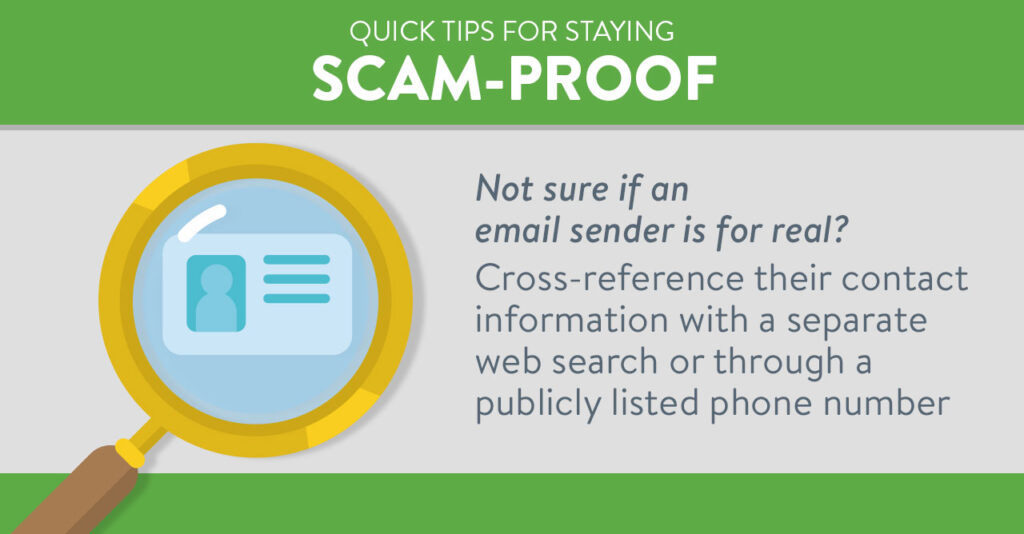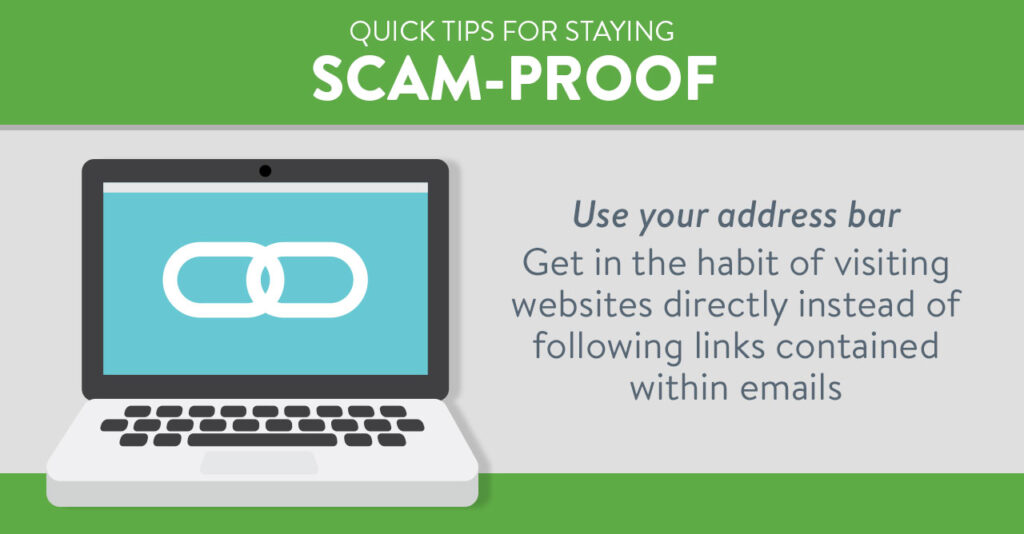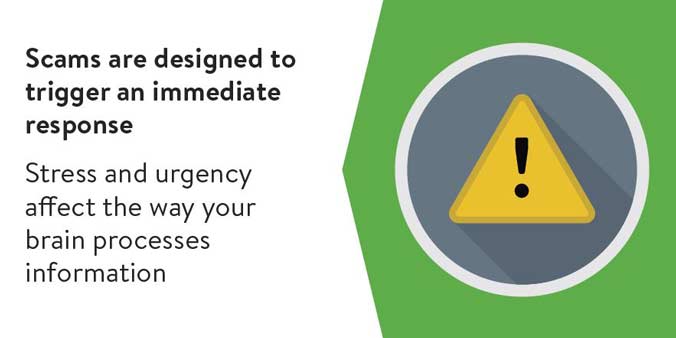
How to avoid travel scams: Protect your adventures and your wallet
If you’re dreaming of exploring new places with loved ones, the thought of falling victim to a travel scam might feel daunting.
Sadly, scammers know that travelers, eager to escape and relax, are ideal targets.
In 2023 alone, the Federal Trade Commission received more than 55,000 reports of travel fraud. And those are just the people who reported losses.
But a little knowledge and caution can go a long way in helping you avoid travel company scams, fake travel websites and vacation rental fraud. Here’s a look at some of the more common travel scams—and how to avoid them and protect your money.
Common travel scams
Here are three common travel scams—and tips on how to avoid them.
“Free” vacation deals
Who wouldn’t be thrilled to win a free luxury vacation? But scammers use this allure to trick unsuspecting victims.
You might get a letter, email, text or call claiming you’ve won a prize—even though you never entered a contest. To claim the prize, they may ask for personal information or payments for “fees” or “taxes.”
Sometimes, cruise or vacation deals marketed as “free” come with hidden fees that add up to hundreds or thousands of dollars.
How to protect yourself:
- If you didn’t enter a contest, you didn’t win: Know that a legitimate company won’t ask you to pay for a free prize, the FTC warns.
- Be skeptical of additional fees: On some cruise deals, look out for fees for air transportation, port charges, taxes, tips and other undisclosed fees, cautions the Better Business Bureau.
- Don’t share personal information: Avoid paying or giving other personal info to unverified contacts, especially if they contacted you.
Fake vacation rental scams
Fraudsters create fake listings for vacation rentals, using eye-catching photos and amazing prices. Some scammers copy actual listings and change the contact information, so you unknowingly pay them instead. But there are ways to know if your vacation rental is legitimate.
How to protect yourself:
- Only use secure websites: How do you know if a travel website is legit? Look for the “https” in the URL and a small padlock icon on the address bar. Check for typos or slight changes in the URL.
- Research and verify the rental: Look up the property address to make sure it exists. And confirm the rental property’s legitimate through reputable websites and by contacting the property owner directly. If it’s part of a resort, call the front desk to confirm availability.
- Research other reviews: Search for the company name along with “scam,” “review” or “complaint” to see what others say about them, the FTC suggests.
- Compare prices with similar listings: If the rental is far below market value, it’s likely a scam.
Third-party booking site scams
Booking sites and apps can offer convenience and deals, but not all are legitimate.
Some scammers pose as online airline ticket brokers or other travel companies. In a common version of the scam, you might pay for a trip and then receive a follow-up call asking for additional personal or payment details—something a legitimate business wouldn’t do.
How to protect yourself:
- Stick with well-known booking platforms: If you book airfare, hotel or other travel accommodations through a third-party website, only use well-known companies and secure websites.
- Look for buyer protections: Use companies and platforms that offer secure payment options and buyer protections.
- Know which seller you’re buying from: Make sure you know whether you’re buying from a third-party company or the actual airline or resort. “It can affect things like whether you can get a refund or travel points, and the price for services like changing or canceling a flight,” the FTC cautions.
Learn how to spot other common scams >
Red flags that signal a travel scam
Watch for these other red flags while planning any trip.
Suspicious payment methods
Scammers or dishonest travel package promoters will tell you to pay for your vacation by cash, wire transfer, gift card or cryptocurrency. These payment methods are nearly impossible to recover—and scream of a scam.
How to protect yourself: Always pay with a credit card. It’s the safest way to protect yourself and your money.
Learn how to choose the best rewards card for you >
Vague details
Scammers will promise vague extravagances like “five-star” resorts or “luxury” cruises without providing specific details about the travel offer.
How to protect yourself: Don’t pay or sign anything until you receive the full terms, including cancellation and refund policies and any mandatory fees. If the company won’t give you this info, walk away.
High-pressure tactics
Scammers will often pressure you to act quickly, claiming a vacation package or rental deal will be “gone soon.”
How to protect yourself: Legitimate companies won’t pressure you into making immediate decisions. Take your time to research and compare options.
3 more tips for safe travel planning
The FTC shares a few other tips to help you stay safe when planning a trip:
- Get recommendations from trusted sources: Talk to family or friends about their experiences with travel companies and destinations.
- Check for licensed travel insurance: If you buy travel insurance, make sure the agency is licensed with the U.S. Travel Insurance Association.
- Verify charter flights: Check that they’re approved by the U.S. Department of Transportation before booking.





